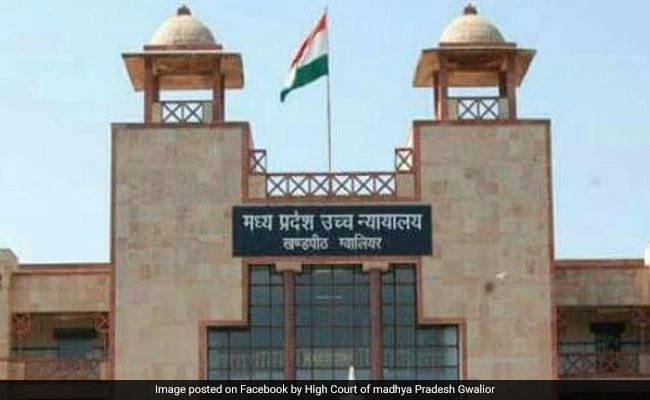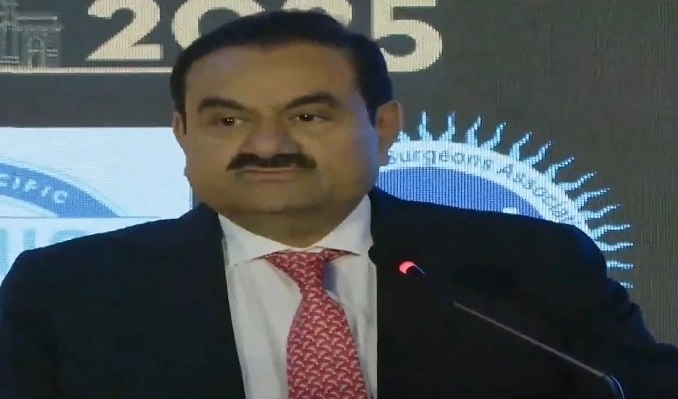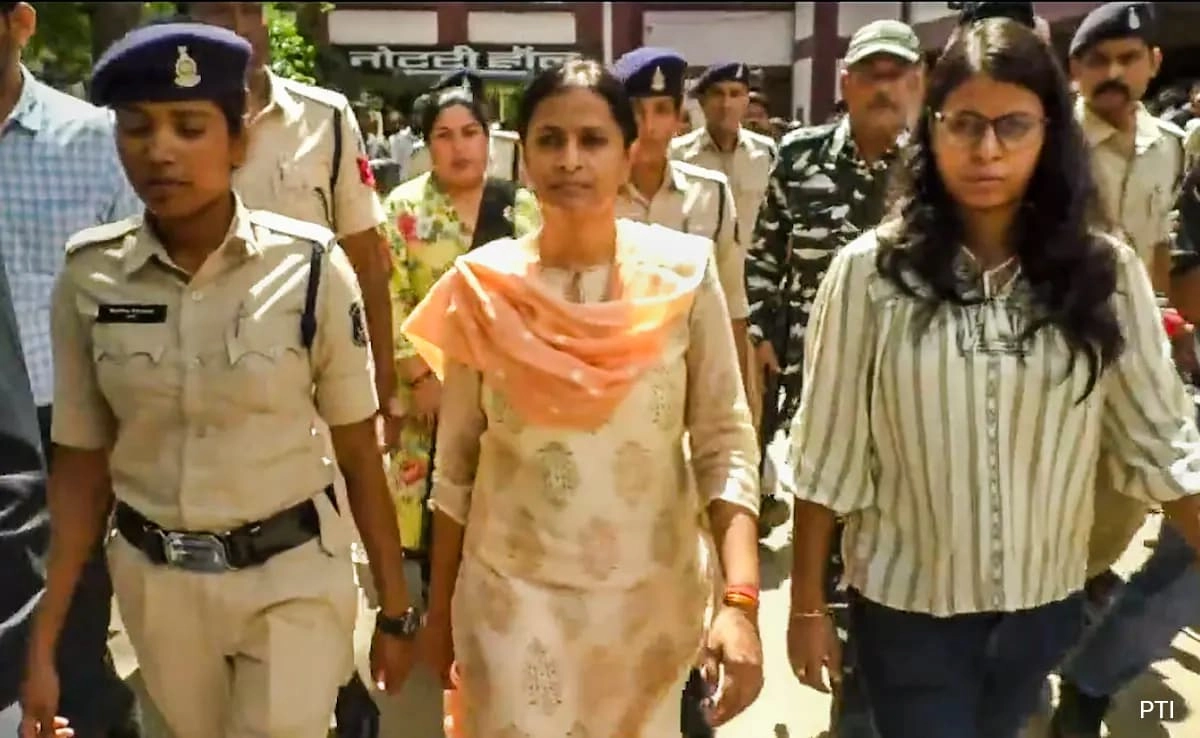In a significant legal development, the Madhya Pradesh High Court has stated that a woman can be held guilty of instigating rape, a ruling that has sparked widespread debate regarding its implications for gender justice and the legal treatment of sexual offenses. This landmark decision arises from a specific case where the court evaluated the actions and intentions of the individuals involved, leading to the conclusion that culpability could extend to women under certain circumstances. The court’s stance highlights the complexity of sexual violence cases, emphasizing the need to consider the context of each situation rather than applying a one-size-fits-all approach.
The ruling has prompted discussions about the responsibility of both parties in incidents of sexual violence. While traditionally, the focus has been primarily on the actions of the accused, this verdict challenges that narrative by suggesting that a woman’s behavior can also play a role in instigating such crimes. Critics of the decision argue that this could potentially lead to victim-blaming and discourage women from coming forward with their experiences of assault. They fear that the ruling might create an environment where survivors of sexual violence are scrutinized for their actions, diverting attention from the accountability of the perpetrator.
Supporters of the ruling, however, contend that it reflects a more nuanced understanding of consent and agency in sexual relationships. They argue that by acknowledging the potential for instigation, the legal system is recognizing the complexities of human interactions. This perspective emphasizes the importance of personal accountability and the need for all individuals, regardless of gender, to understand the ramifications of their actions in intimate relationships. The court’s decision raises critical questions about the balance between protecting victims and ensuring that all parties involved in a case are treated fairly under the law.
As the discussion around this ruling continues, it is clear that the implications will resonate beyond the courtroom. Legal experts, activists, and policymakers will need to engage in a broader dialogue about sexual violence, consent, and gender roles within society. This case serves as a reminder of the ongoing struggle for justice and the need for a legal framework that supports victims while also addressing the complexities of human behavior. Ultimately, the Madhya Pradesh High Court’s ruling may pave the way for more comprehensive discussions about the nature of consent and the responsibilities that come with it in modern relationships.




